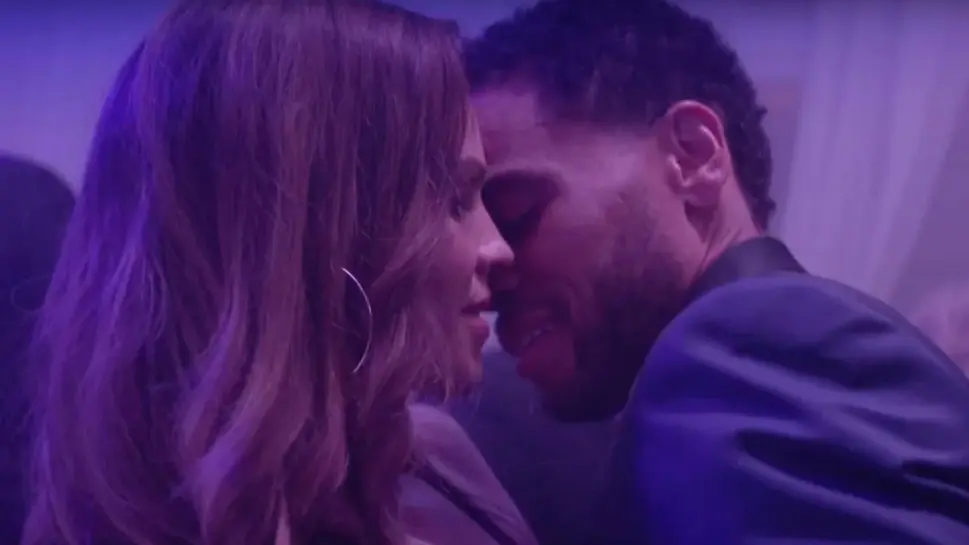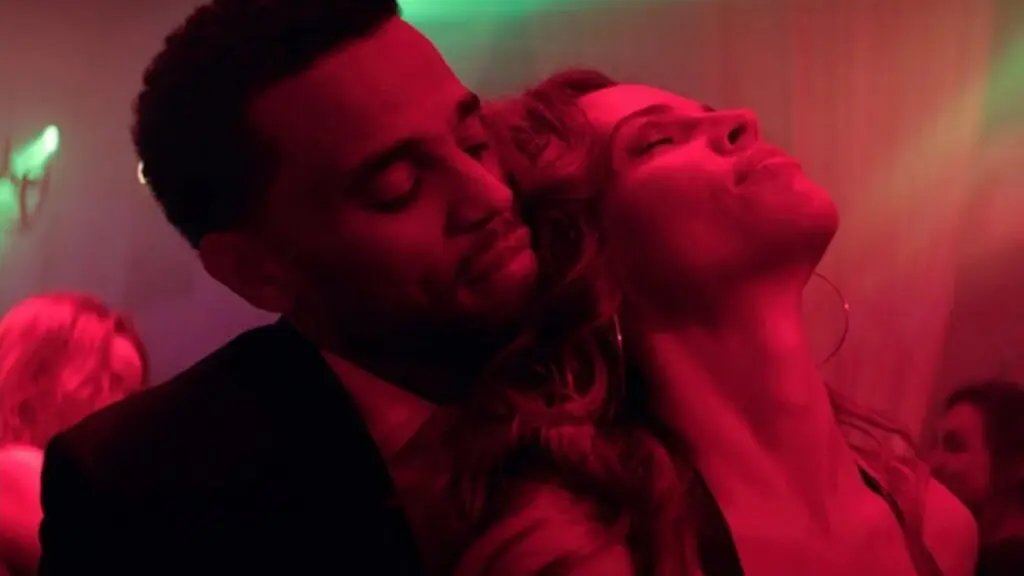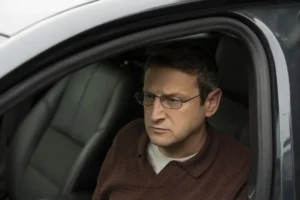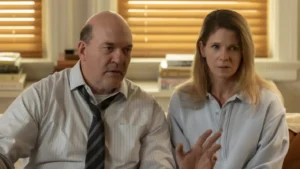Summary
While the result is more engaging than one would expect, make no mistake, Fatale is exactly the type of movie you think it is going in and was made for the ones who enjoy the genre.
The erotic thriller, popular in the nineties, has made a comeback in recent years. You know the kind. One half of the marriage feels underappreciated and spends one night in another man or woman’s bed thinking they deserve or have found the answer they are looking for. Things always turn south from there. The jilted lover has control issues or feels their love is requited (when it’s not). Most of these actions in films like Fatale are a metaphor for infidelity. The sheer amount of such films in the 90s made me think that the “family values types” decided to make a campaign in an underhanded attempt to keep the dream of the American family home intact. Fatale is an homage to those types of movies, except that now the target is chosen as a result of the #MeToo movement attack on the American male. The result, while predictable, is nonetheless more engaging than one would think.
A successful sports agent, Derrick (Michael Ealy) has it all — but the life he has at home with his wife Traci (BlacKKKlansman‘s Damaris Lewis) is not as perfect as it may seem. Traci is the tall, supermodel type who resents her husband’s success because he placed his career before her in the pecking order of his priorities. His business partner, Rafe (Luke Cage‘s Mike Colter), wants to sell the company to one of the bigger sports agencies, take home a few millions, then call it a day. The pressure is just too much for Derrick, who finds comfort in a mysterious, sexy stranger he meets at a club — Valerie (Hillary Swank). Being a good man, of course, he regrets it immediately the next day. But on his first night back home, he is almost killed when he interrupts a break-in. The catch? The detective assigned to the case is none other than Detective Valerie Quinlan, the woman he slept with just the night before.
Director Deon Taylor (Black & Blue, The Intruder) takes a script from David Loughery (Lakeview Terrace), whom he had previously collaborated with on The Intruder. While Fatale tends to strain credibility, which is a staple in the genre, its plot is not as half-brained as it appears. The Intruder had Dennis Quaid running around in a red cap and hiding in plain sight. Those characters — Ealy was one of them — tend to get stupid (there’s really no other word for it), as they make very poor decisions that turn them almost into monsters in a haunted house feature. Here, at the very least, every time you think you know where the plot is going — and you basically do — the movie takes a slight turn that, while not totally original, has a low-key unexpected quality to it that works.

For instance, you could easily guess who, in a small cast, is behind the break-in; but after 50 minutes, that theory gets thrown out the window, which is refreshing and welcomed. However, the film is filled with clichés and writing points used to establish character qualities that you have already seen thousands of times before. Of course, they are successful and wealthy, they talk about it endlessly. When Rafe raves about how they signed Lance Stephenson, who features in a cameo, he proclaims that this somehow solidifies the status of his and Derrick’s agency as a premium one. As if this player had the money and star power of Lebron James (he doesn’t, by the way), which is ridiculous. There is also the family relative or close associate who acts as a confidant and then loses their life by the end of the second act, that is pure cornball.
Then there is the unusual pairing of two actors such as Swank and Ealy, which is the film’s fatal flaw. They really lack certain chemistry and Swank is miscast here. You have the feeling the filmmakers wanted an actress who could play a femme fatale and a cop, but the latter wasn’t really needed. Ealy has always been a quite effective performer, and he has carved a niche for himself playing the male version of the classic damsel in distress in recent years.
Fatale‘s plot tends to work and has a certain skill that most people are overlooking and many complain about within this genre. Without giving anything away, most of the film’s plot holes are covered and explained. That doesn’t mean this is exactly good filmmaking, but as a guilty pleasure being graded within the genre, it is better than you might expect it to be.




